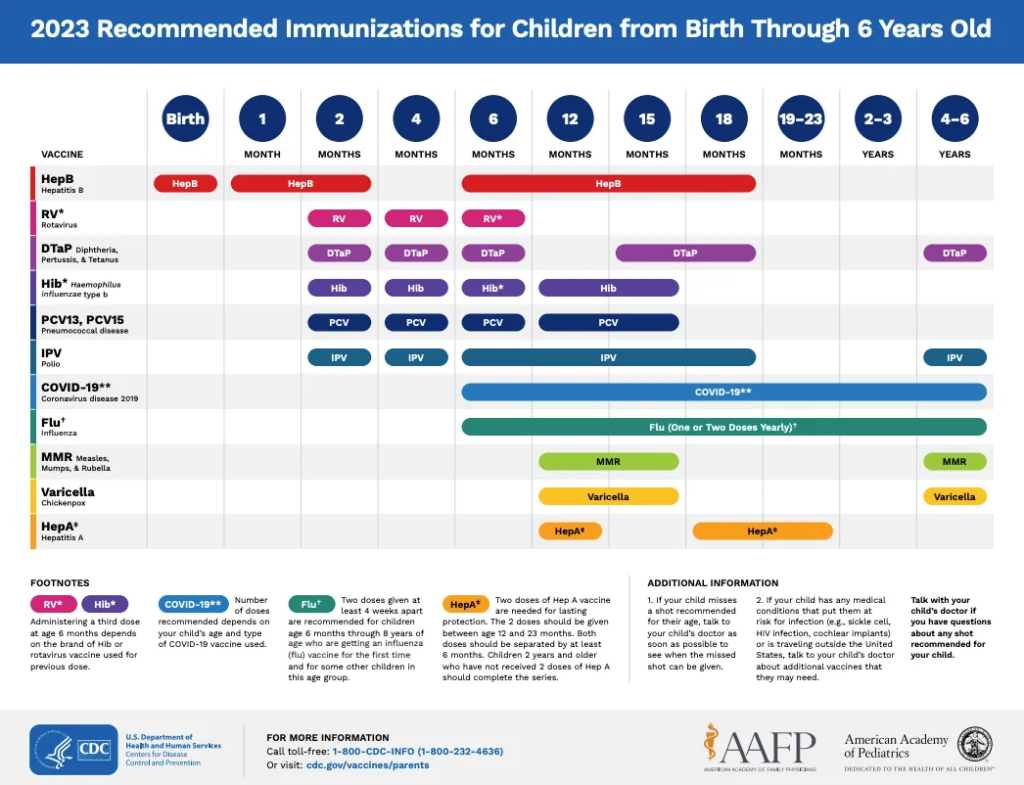Recently, an incident occurred in central Alabama where a young kitten died from rabies. This event, taking place in Autauga County, has brought to light the crucial importance of vaccinations for pets and children.
The Reality of Rabies and Vaccination Necessity
Rabies is a deadly virus that can affect both animals and humans. According to the Centers for Disease Control and Prevention (CDC), rabies in pets poses a significant risk to humans, especially in areas where wildlife rabies is common. In this situation, the kitten’s diagnosis and subsequent death underscore the potential dangers of unvaccinated pets.
The Broader Implications for Public Health
Vaccinations are a cornerstone of public health. The World Health Organization (WHO) states vaccinations prevent 2–3 million deaths yearly. This statistic highlights the broader implications of the Alabama incident, demonstrating the importance of vaccinations in preventing diseases in animals and humans.
Vaccinating Children: A Public Health Priority
While rabies in humans is rare in the U.S., the American Academy of Pediatrics strongly recommends vaccinations for children as a key strategy in preventing various communicable diseases. The role of vaccinations in children’s health cannot be overstated. Vaccinating children protects them from specific illnesses such as measles, mumps, rubella, whooping cough, and polio. Once common and often deadly, these diseases have been significantly reduced or nearly eradicated in populations with high vaccination rates.
Vaccinating children contributes to the broader concept of herd immunity. Herd immunity occurs when a significant portion of a population becomes immune to a disease, thereby reducing its spread. This is particularly crucial for protecting individuals who cannot be vaccinated due to medical reasons, such as allergies, immune system disorders, or age restrictions. Infants, for example, who are too young to receive certain vaccinations or individuals undergoing chemotherapy, rely on the immunity of those around them to stay safe from these diseases.
The American Academy of Pediatrics and the Centers for Disease Control and Prevention (CDC) provide comprehensive immunization schedules tailored to protect children at various stages of their development. Following these schedules is vital for ensuring that children receive their vaccinations at the most appropriate and effective times.

CDC recommended immunizations for children from birth through 6 years old (LINK)
In addition to protecting individual children, vaccinations play a critical role in maintaining public health. Outbreaks of diseases preventable by vaccines can occur when vaccination rates drop. These outbreaks pose a risk to unvaccinated children and the community at large, including those who are vaccinated, as no vaccine offers 100% protection.
By adhering to recommended vaccination schedules, we can ensure the health and well-being of future generations and continue the fight against preventable diseases.
The Consequences of Neglecting Vaccinations
The loss of the kitten to rabies due to a lack of vaccination is a stark reminder of the risks associated with inadequate vaccination practices. This narrative parallels the risks faced by unvaccinated children, who are more susceptible to preventable diseases.
A Call to Action
This story should encourage pet owners to vaccinate their pets against rabies, as mandated by law in many states. Similarly, it’s a reminder for parents to ensure their children are up to date with their vaccinations, following the recommended immunization schedules.
Preventive Measures Beyond Vaccination
The Alabama Department of Public Health recommends several measures to prevent rabies exposure, such as confining pets and avoiding contact with wild animals. These preventive strategies are crucial in complementing the role of vaccinations.
Embracing Our Role in Public Health
The rabies case in Alabama reminds us of our collective responsibility in public health. Ensuring pets and children are vaccinated is not just a legal requirement but a public health necessity. This story underscores the importance of comprehensive vaccination and preventive health measures.
. . .

